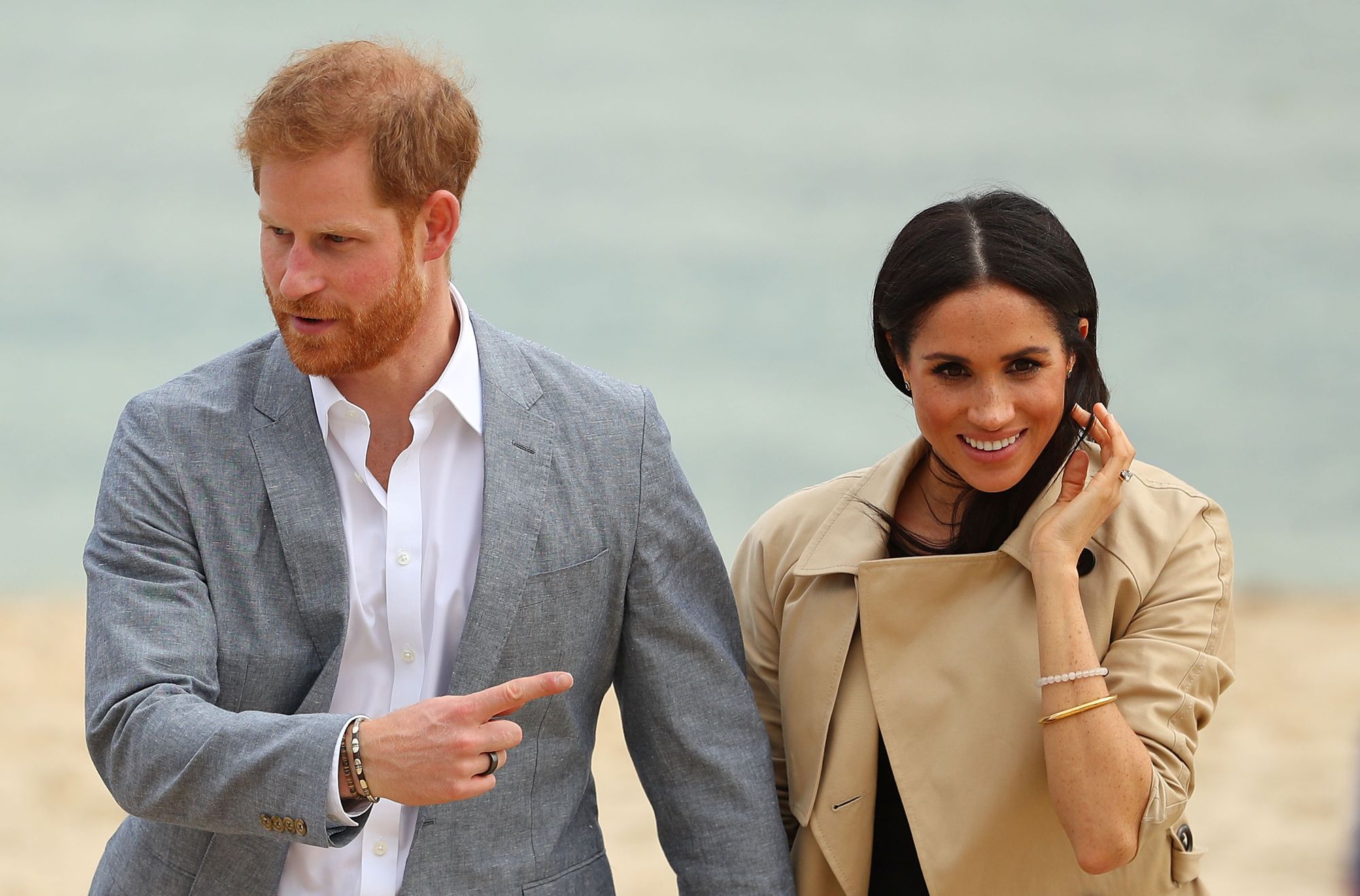Knowledge is power. It just depends how you use it
Over the past 18 months, through a structured combination of strength training, diet, good coaching (shout-out to Moz and Nicole at Ultimate Performance), and sheer force of will, I've lost about 60 lbs of excess weight—I still have a few more to go before I'll be happy with my body fat percentage, but I'm pleased with my progress so far. It hasn't been an easy journey. I spent more than four decades of my life being overweight—I've tried all sorts of fad diets, cleanses, hypnotism, Tae Bo. I've even been to the Biggest Loser Resort—three times! But I never had any success with healthy, sustained, long-term weight loss, until now. And I believe there are three crucial lifestyle changes that helped me get to this point:
- Consistency: Figuring out a healthy morning routine that works for me
- Accountability: Three-times weekly workouts with a personal trainer who held me accountable for my dietary habits and daily activity levels
- Paying attention to metrics: Getting scored throughout the day on my passive existence
Let me explain that third one, because it was the a-ha moment I needed to break through a plateau last summer.
Related: 7 Hong Kong gyms offering online classes and workouts
In July 2020 I read a story on a tech website about Oura Ring, a health tracker that's a... ring. The company had just inked a partnership deal with the NBA, which had put its players in a bubble at Disney World for the season. The NBA was using player health data gathered from the Oura Ring to track for potential Covid infections and, at the time, the ring was part of a large-scale study at UCSF to gauge if it could be accurately used in early Covid detection. Out of sheer curiosity (and maybe a little bit of Covid anxiety), I ordered the ring.
Turns out, the Oura Ring doesn't just measure minute fluctuations in body temperature, heart rate variance, and respiratory rate—three key factors that jump or drop drastically in early signs of Covid infection—it also measures about a bazillion other things, including but not limited to:
- Resting heart rate
- Sleep stages
- Calories burned
- Steps
Very quickly, in my first three weeks of wearing the ring, I noticed a metric shift that alarmed me: while my resting heart rate ordinarily falls somewhere in between 58 and 61 bpm, whenever I ate refined white carbohydrates like bread or noodles or I had, say, two glasses of wine, my resting heart rate would escalate by +20 bpm for the 48 hours following, and my sleep score would decline. These are physical changes I would never have been able to gauge on my own, and, while these fluctuations are probably not dangerous, just seeing the raw data of how seemingly insignificant dietary decisions were affecting my system for days afterwards helped me realize the direct correlation between my emotional eating (carbs, always carbs) and my health. One metric, an elevated resting heart rate, one data point, helped crystallize a behavioral change I'd been struggling with for a lifetime.
Related: 5 Expert tips on how to talk about mental health
The Oura Ring is having a moment right now with its NBA deal (Prince Harry is also a fan; so is Jack Dorsey and Will Smith). My personal experience with it is a minuscule blip compared to what the company's ambitions are, but I tell people about my elevated resting heart rate all the time—knowing something about myself that I could not have known otherwise is like... suddenly seeing myself in HD, or something.

Of course, Oura isn't the only health tracker on the market—there are hundreds, and the fact is: the best one is the one that best suits each individual wearer.
Sometimes, data from a health tracker can even save your life in an emergency. Case in point, Apple Watch, which can detect and notify its wearer of irregular heart rhythm, potentially suggesting atrial fibrillation, and sound an alarm if it detects an elevated resting heart rate. In 2017, a man called Scott Killian recounted how he was woken up by a heart rate alarm on his Apple Watch in the middle of the night; he immediately went to the hospital where they "took a blood test and discovered an elevated enzyme that signals a heart attack has occurred or is occurring. Further testing revealed four blocked arteries which required the insertion of four stents (inflated titanium carbon fiber sleeves) to correct."
There are dozens of Apple Watch lifesaving stories online; the company has even built entire campaigns around testimonials.
